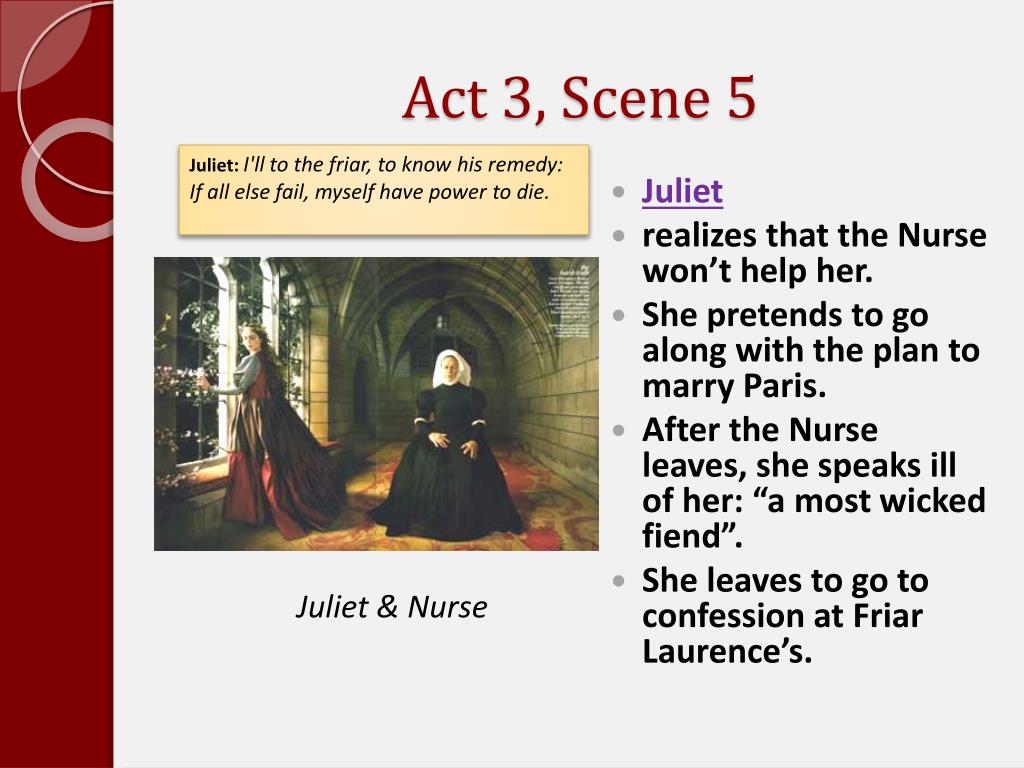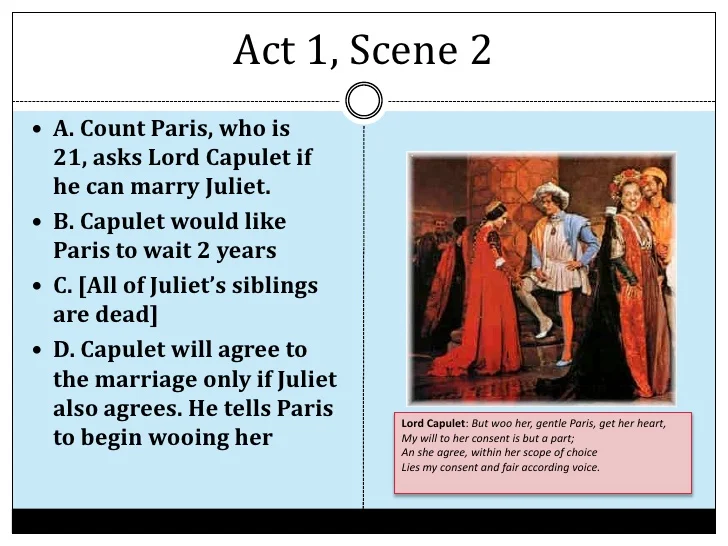Remember the intense emotions, the dramatic twists, and the tragic fate of Romeo and Juliet? Act 3 of Shakespeare’s masterpiece is where the plot truly accelerates, leading to even deeper conflict and irreversible consequences. If you’re studying this play or simply trying to grasp the complexities of Shakespeare’s brilliant storytelling, you’ve come to the right place. This article is your guide to navigating Act 3, with questions, answers, and insights that will help you understand the intricacies of this pivotal act.

Image: worksheetlistfro.z13.web.core.windows.net
Have you ever felt the weight of a decision that seemed to change your entire world? That’s the feeling that resonates with Act 3 of Romeo and Juliet. Love and hate clash, passions ignite, and the consequences are far-reaching, leaving the characters and the audience shaken. So, let’s dive into the intricacies of this gripping act and explore the questions that linger long after the curtain falls.
Unlocking Act 3: Understanding the Core Themes
Act 3 of Romeo and Juliet is a whirlwind of emotions, where the consequences of reckless actions and the depths of human passion become tragically apparent. It’s a pivotal act that throws the entire narrative into a spiral, showcasing the destructive power of both love and vengeance.
You’ll encounter key themes that delve into the human psyche, such as:
- Love and Hate: The tension between these two powerful forces plays out as Romeo and Juliet desperately seek each other amidst the conflict, while Tybalt’s animosity fuels the feud.
- Fate and Free Will: The play explores whether destiny is predetermined or if individuals have the power to break free from it. This question haunts the characters, especially Romeo, who struggles with the consequences of his actions.
- Consequences of Violence: Act 3 underscores the devastation caused by reckless violence. The escalating feud creates a climate of fear and mistrust, leading to tragic outcomes for both families.
Key Questions and Answers about Act 3
1. Why does Romeo kill Tybalt? Can you explain the circumstances?
Romeo’s killing of Tybalt is a turning point in the play. Tybalt, fueled by his hatred for the Montagues, challenges Romeo to a duel. Initially, Romeo attempts to avoid the fight, recognizing that Tybalt is Juliet’s cousin. However, when Tybalt murders Mercutio, Romeo’s closest friend, he is consumed by rage and vengeance. This impulsiveness leads to Romeo’s fatal decision, further inflaming the feud and setting the stage for the play’s tragic ending.

Image: www.studio-net.fr
2. What are the consequences of Romeo killing Tybalt?
Romeo’s actions have far-reaching consequences. Firstly, he is banished from Verona. This separation from Juliet is a severe punishment that shatters their hopes for a future together. Secondly, the killing escalates the feud between the Montagues and Capulets, making peace seem impossible. It also pushes Juliet into a desperate situation, forcing her to make extraordinary choices to protect her love for Romeo.
3. What is Juliet’s reaction to Romeo being banished?
Juliet’s reaction to Romeo’s banishment is one of utter despair. She is heartbroken and devastated, believing that her life without Romeo is meaningless. Juliet’s love for Romeo is unwavering, and she struggles to comprehend how their happiness can be shattered so abruptly. This desperate situation leads her to make a risky plan, desperate to be with Romeo.
4. What is Friar Laurence’s plan to reunite Romeo and Juliet?
Friar Lawrence, sensing the urgency of the situation, devises a plan to reunite Romeo and Juliet. Aware of Juliet’s distress and Romeo’s exile, he proposes a plan that involves a potion that will make Juliet appear dead. This plan aims to buy time for Romeo to return and escape with Juliet, hoping to eventually reveal the truth and bring peace to the feuding families.
Examining the Impact of Act 3: Insights for Readers
Understanding Act 3 of Romeo and Juliet is not just about memorizing plot points. It’s about delving deeper into the complexities of human emotion, the consequences of rash choices, and the struggle between love and hatred. As you analyze this act, consider the following:
**Love’s Power and Limits:** Romeo’s quick-tempered response to Tybalt’s actions demonstrates how love can be consumed by rage and violence. Juliet’s unwavering commitment to Romeo despite his banishment showcases the strength and sacrifice love demands. This act raises crucial questions about the limitations of love and the power it holds over individuals.
**The Role of Fate:** The relentless feud between the Montague and Capulet families, coupled with the unfortunate circumstances surrounding Romeo’s banishment and Mercutio’s death, fuels the idea that fate plays a decisive role in the characters’ lives. It begs the question: Do the characters have control over their destiny, or are they merely puppets of fate?
**Consequences of Conflict:** Act 3 emphasizes the tragic consequences of violence and uncontrolled anger. The escalating feud creates a cycle of retaliation, causing immense pain and suffering. The act serves as a stark reminder of the destructive power of hate and the importance of finding peaceful resolutions to conflict.
FAQs about Romeo and Juliet Act 3
Q1. What happens to Mercutio in Act 3?
Tragically, Mercutio is killed in a duel with Tybalt. It is a pivotal moment that fuels Romeo’s fury and leads to him killing Tybalt, setting in motion the chain of events that culminate in the play’s tragic ending.
Q2. Why is Romeo banished instead of executed for killing Tybalt?
Romeo’s banishment is a compromise, a punishment lighter than death. This is partly due to Romeo’s connection with the Prince and the Prince’s desire to prevent further bloodshed. It’s a complex situation, but, ultimately, the punishment, while harsh, is not lethal, leaving a sliver of hope for Romeo and Juliet.
Q3. What is the significance of Friar Lawrence’s potion?
Friar Lawrence’s potion is a pivotal element in the plot. The potion, designed to make Juliet appear dead, is intended to buy Romeo time to return to Verona and escape with Juliet. However, the plan’s execution is flawed, ultimately contributing to the tragedy that unfolds in the play.
Romeo And Juliet Act 3 Questions And Answers Pdf
https://youtube.com/watch?v=aMmXOh_v9Uw
Concluding Thoughts
Act 3 of Romeo and Juliet is a turning point where love and hate collide in a whirlwind of emotions. The act explores the consequences of passionate choices, the weight of fate, and the destructive power of conflict. By studying Act 3 and understanding its key themes and questions, you gain a profound perspective on the complexities of human nature and the tragic beauty of Shakespeare’s timeless masterpiece.
Are you ready to dive deeper into Act 3? What questions do you have about this crucial part of the play? Share your thoughts and insights in the comments below.






